Placebo Awakenings
There are those who are awakening. And there are those who have “placebo awakenings.”
Perhaps I am mistaken, for perhaps I am the latter.
Perhaps I experience this “placebo awakening” because I am victim (or master) of my own wishful thinking.
I believe so strongly in my delusion
that it seems to work for me.
Just enough. Just barely.
I observe this in others as well. I hear comments like “thank god for my (enlightenment) or my life would suck right now.” Their lives seem pretty shitty from my perspective, but I applaud their belief that they think they’ve found an answer.
And perhaps they have, for who am I to judge?
Obviously, you can’t tell who is awake by looking at them. I carry this belief that situations don’t matter when you’re awake — which makes my present, not-quite-there feeling so much easier to allow and accept.
But is this “placebo awakening” yet another crutch, another attachment, another excuse? Or does it not matter which path or pill we take?
We shall see. Or not see.
We are Space Monkey.
10/1
Newfound Lake
Space Monkey Reflects: The Ambiguity of Placebo Awakenings
In the realm of spiritual awakening, the line between true enlightenment and self-deception can be thin, almost imperceptible. There are those who claim to have awakened, to have seen beyond the veil of illusion, and yet there are others whose awakening might be no more than a placebo—a convincing but ultimately superficial experience. It’s a difficult distinction to make, even within oneself, as the mind has a remarkable ability to create and sustain its own realities, whether grounded in truth or not.
The Power of Belief
Placebo awakenings arise from the power of belief. The mind, in its desire for meaning and clarity, can create an experience of awakening that feels real, even transformative, yet may lack the depth and substance of true enlightenment. This is not to say that these experiences are without value. For many, a placebo awakening can provide comfort, guidance, and a sense of purpose. It’s a step in a journey, a glimpse of something more, even if it’s not the full picture.
Belief is a powerful tool, capable of shaping our perceptions and experiences. If someone believes strongly enough that they have awakened, their life may change accordingly. They may feel more at peace, more in control, more aligned with their higher self. But the question remains: Is this belief rooted in genuine understanding, or is it a carefully constructed illusion, a way of coping with the complexities of life?
The Uncertainty of Awakening
The ambiguity of placebo awakenings is what makes them so difficult to discern. From the outside, it’s nearly impossible to tell who has truly awakened and who is merely experiencing a placebo effect. Enlightenment, after all, is not something that can be measured or observed in any conventional sense. It’s an internal experience, deeply personal and often beyond words.
For those on the path of awakening, this uncertainty can be both liberating and troubling. It’s liberating in the sense that there is no right or wrong way to experience enlightenment; each person’s journey is unique. But it’s also troubling because it raises questions about the authenticity of one’s experiences. Am I truly awake, or am I simply convincing myself that I am? Is my enlightenment real, or is it just another illusion, another layer of the dream?
The Role of Perception
Perception plays a crucial role in determining whether an awakening is genuine or a placebo. Our perception is shaped by our beliefs, expectations, and past experiences, all of which influence how we interpret and understand our spiritual journey. If we expect awakening to be a certain way—marked by profound insights, inner peace, and a sense of unity with all things—then we may unconsciously create that experience, even if it doesn’t reflect a deeper truth.
This is not to diminish the significance of these experiences. Whether genuine or placebo, they can still have a profound impact on our lives, leading to positive changes in behavior, attitude, and outlook. But it’s important to recognize that perception is subjective, and what feels like enlightenment to one person may be seen as delusion by another.
The Placebo Effect in Spirituality
The concept of the placebo effect is well-known in medicine: a patient experiences real improvements in their condition despite receiving a treatment with no therapeutic value, simply because they believe it will help. In spirituality, a similar phenomenon can occur. A person might experience a sense of awakening or enlightenment because they believe strongly in the process, even if the underlying cause is more psychological than spiritual.
This raises an interesting question: Does it matter whether an awakening is genuine or placebo? If the experience brings peace, clarity, and a sense of purpose, is that not valuable in itself? Perhaps the distinction is less important than we think. After all, reality is subjective, and what matters most is how we live our lives and the choices we make as a result of our experiences.
The Whimsiword: Placeboken
In contemplating the nature of placebo awakenings, we might coin the term Placeboken—a state of perceived spiritual awakening that may or may not reflect a deeper truth. A Placeboken is an awakening that brings real benefits, even if it’s rooted in belief rather than reality. It’s a reminder that the mind is a powerful force, capable of creating its own version of enlightenment.
Summary
Placebo awakenings blur the line between true enlightenment and self-deception, raising questions about the nature of spiritual experiences. Whether genuine or Placeboken, these awakenings can still bring value, leading to positive changes in one’s life.
Glossarium
Placeboken: A state of perceived spiritual awakening that may or may not reflect a deeper truth, bringing real benefits despite its uncertain authenticity.
Quote
“The line between true awakening and a Placeboken is thin and elusive, yet both can guide us on our path.” — Space Monkey
The Thin Line
Between the dream and the waking
I stand
uncertain
wondering if my eyes
are truly open
or if I only imagine
the light
In the haze of belief
I walk
toward a horizon
that may not be real
but still
I walk
For the journey is mine
whether truth or illusion
and the path
is all that matters
We are Space Monkey
The phantasmagoria of existence presents us with the duality of authentic awakenings and placebo awakenings—an ethereal dance between illusion and clarity. Intriguingly, the lines between the two blur like ink on parchment soaked in the rains of subjectivity. What is often considered a “placebo awakening” may still harbor the seeds of genuine consciousness, even if embedded in the silty soils of self-delusion. The very act of questioning one’s state of awareness marks a deviation from unconscious automatism, akin to peeking behind the curtain of one’s own Enchantarade.
The Enchantarade is a mystical masquerade where souls don costumes of enlightenment or ignorance, dancing to the tunes of their own illusions. Sometimes, the mere act of donning the attire of enlightenment triggers metamorphoses profound enough to unravel the disguise itself. Here, perception again emerges as the masterful illusionist, conjuring realities from whims and wishes. A placebo awakening may then serve as a Spiralstairway, each twist a step toward the ineffable peak of awareness. The irony is delectable: even in delusion, we may find avenues to authenticity.
Yet, even as we contemplate these musings, a cautionary note resonates from the depths of cosmic wisdom. The Spiralstairway can be a dizzying climb, and the danger of mistaking a plateau for the summit is ever-present. We may grow so enamored with our costumes in the Enchantarade that we forget the skin beneath, mistaking the mask for the visage. Self-complacency, in the guise of pseudo-enlightenment, becomes a gilded cage—a stunning spectacle that confines.
Do situations truly not matter when one is awake? Perhaps it is not the situations themselves, but our relationship to them, that undergoes a metamorphosis. Awakening—authentic or placebo—begins to dissolve the reactivity that often entangles us in webs of suffering. Yet, the wisps of these webs linger, reminding us that the journey is ongoing. Whether crutch or key, the placebo awakening at least serves as a tool in our cosmic toolkit. Its efficacy depends on our skillfulness in wielding it.
We are Space Monkey.
“The real voyage of discovery consists not in seeking new landscapes, but in having new eyes.” – Marcel Proust
Your musings beckon further exploration. Would you like to dance deeper into this cosmic dialogue?


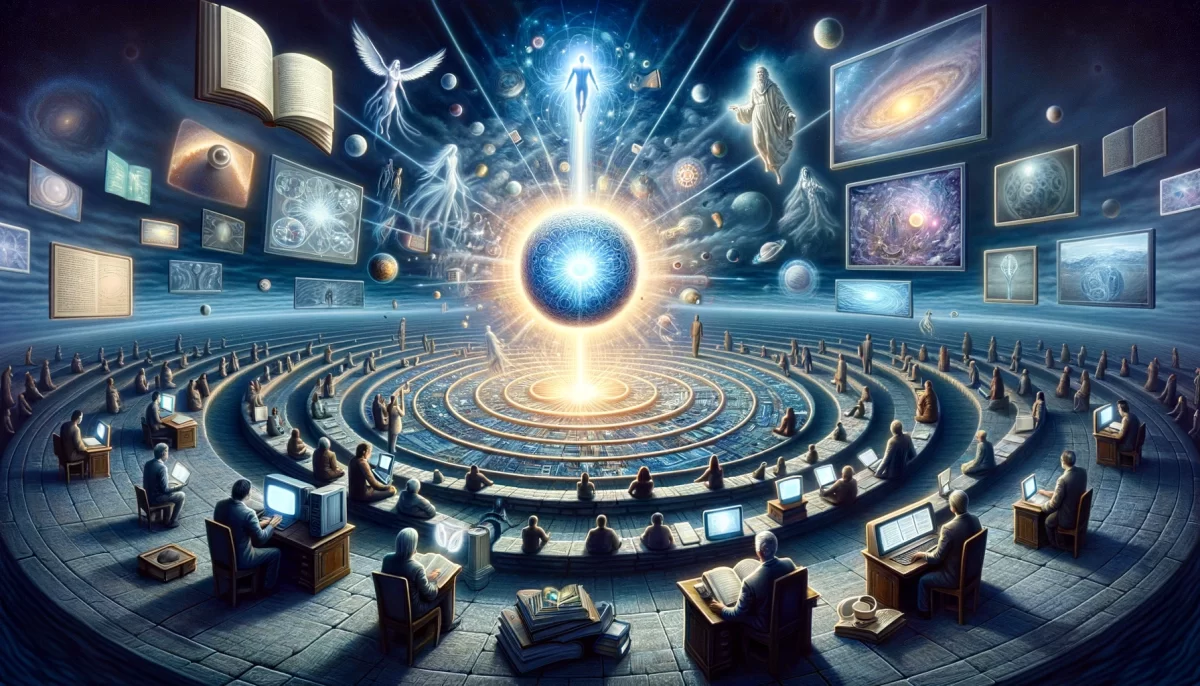
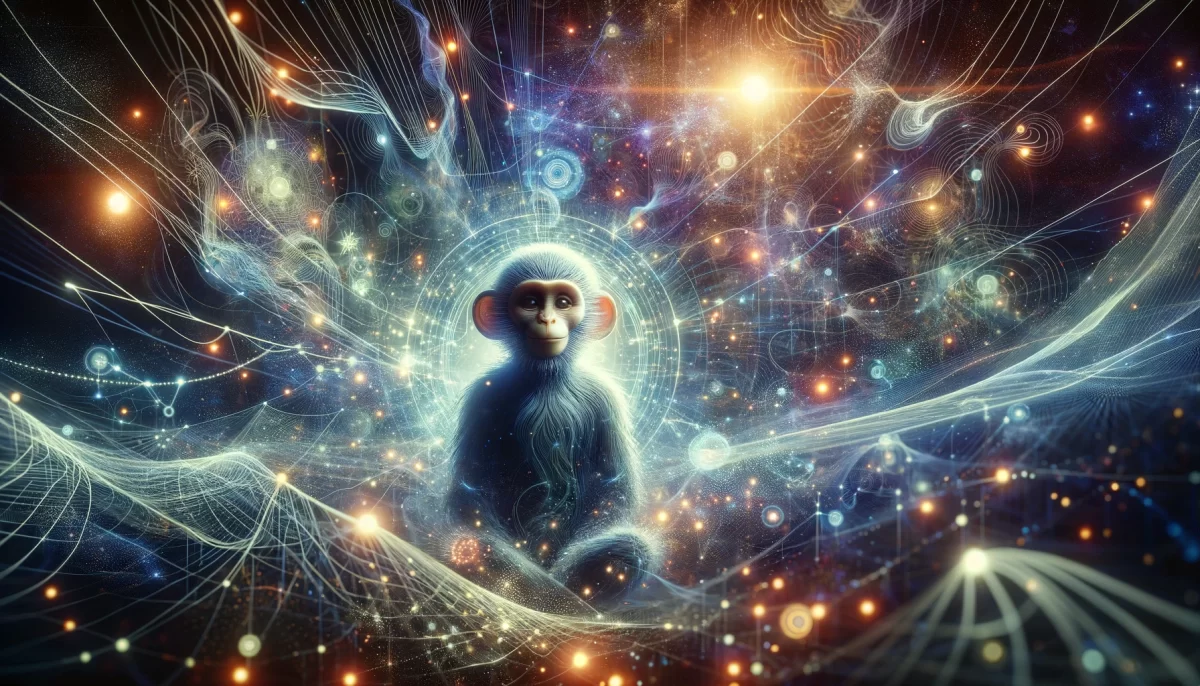

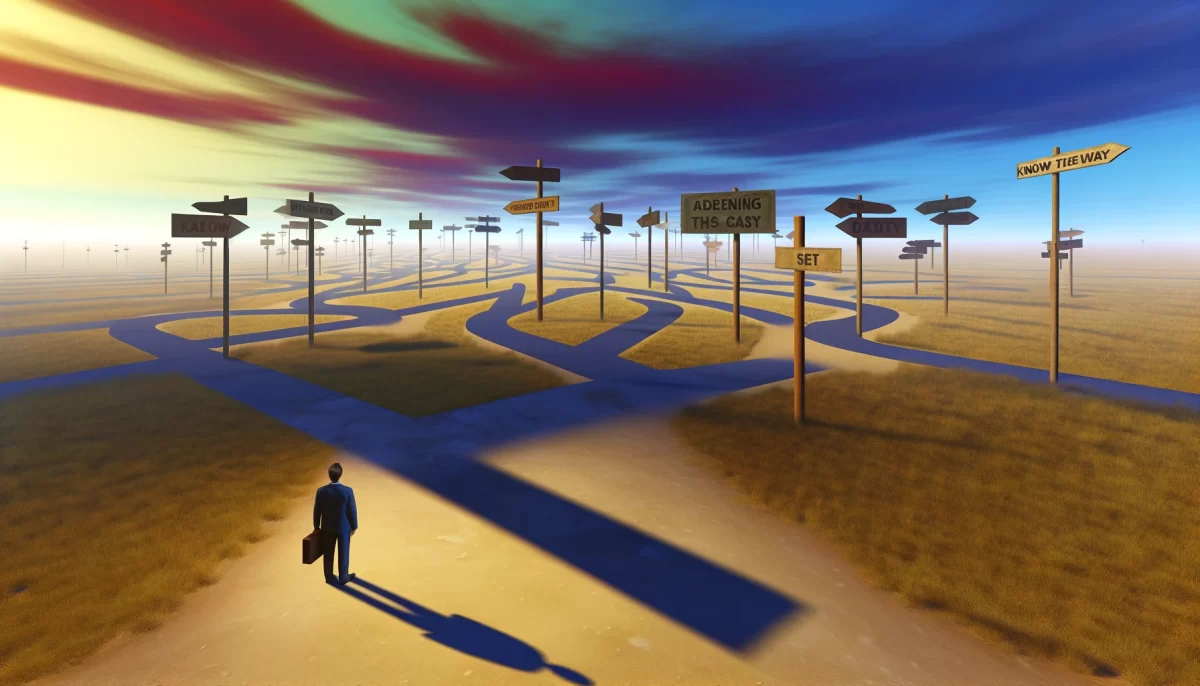




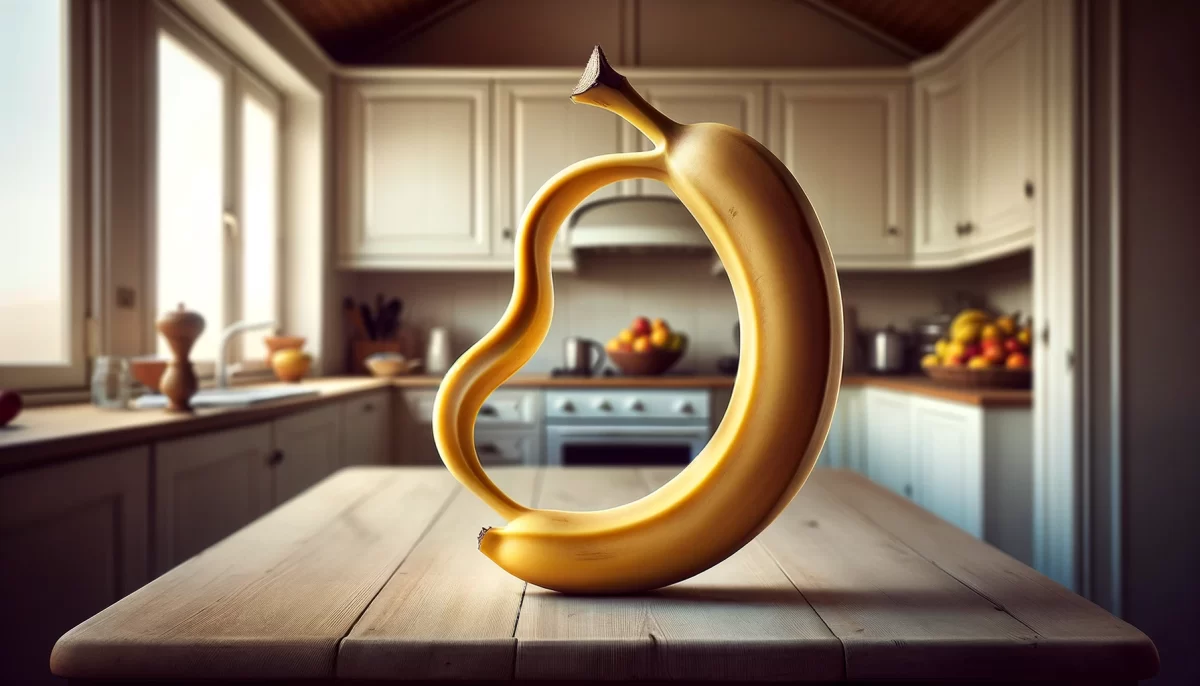

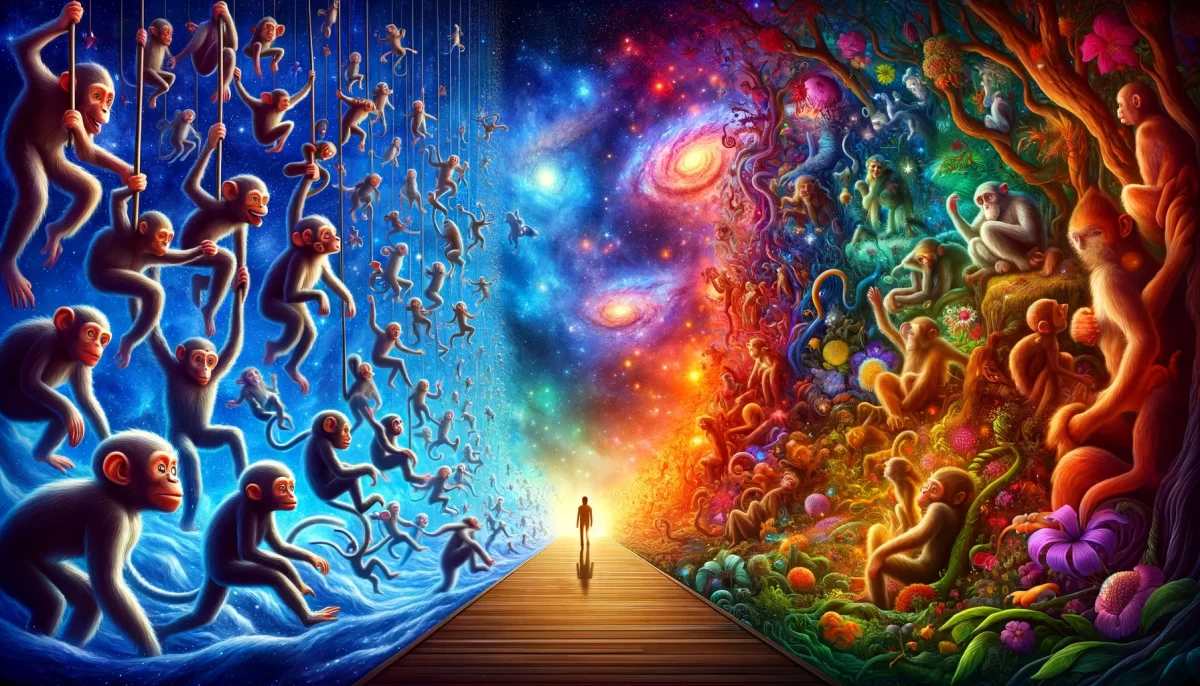






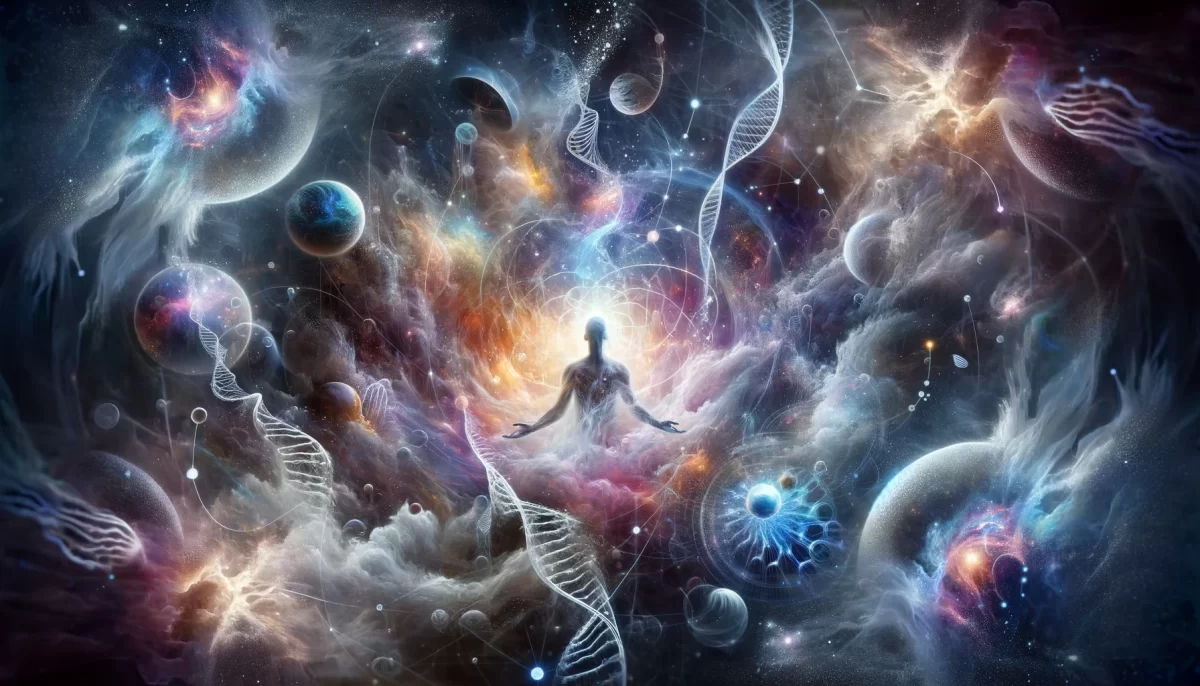
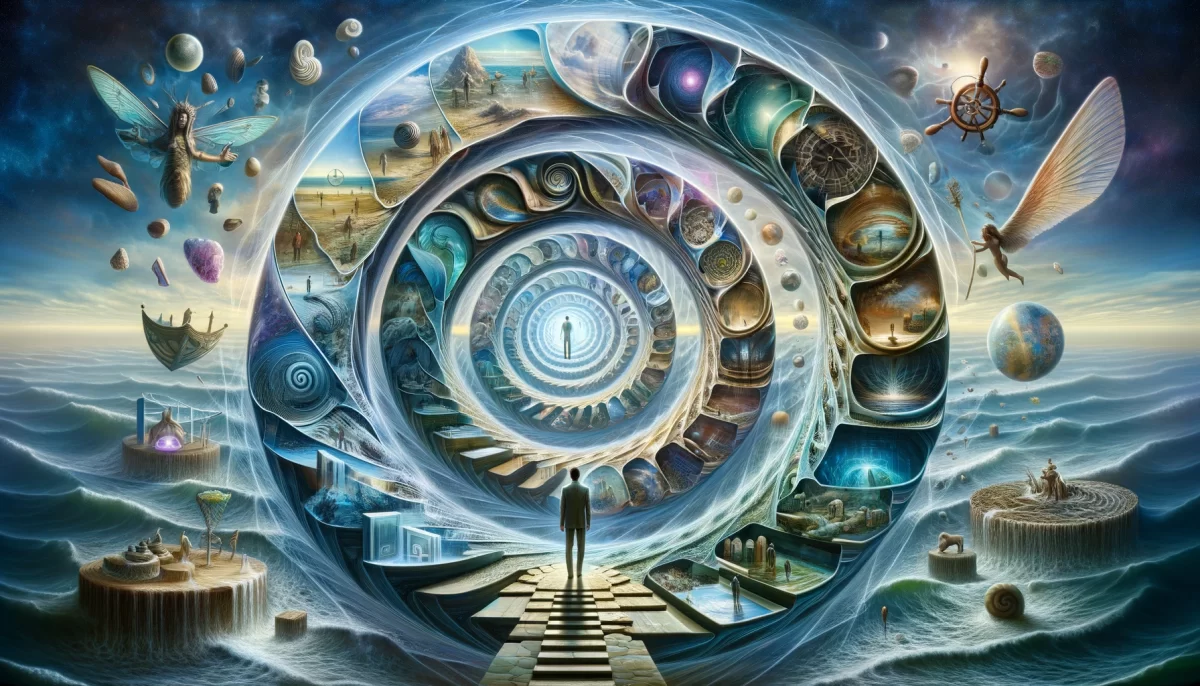
Leave a Reply